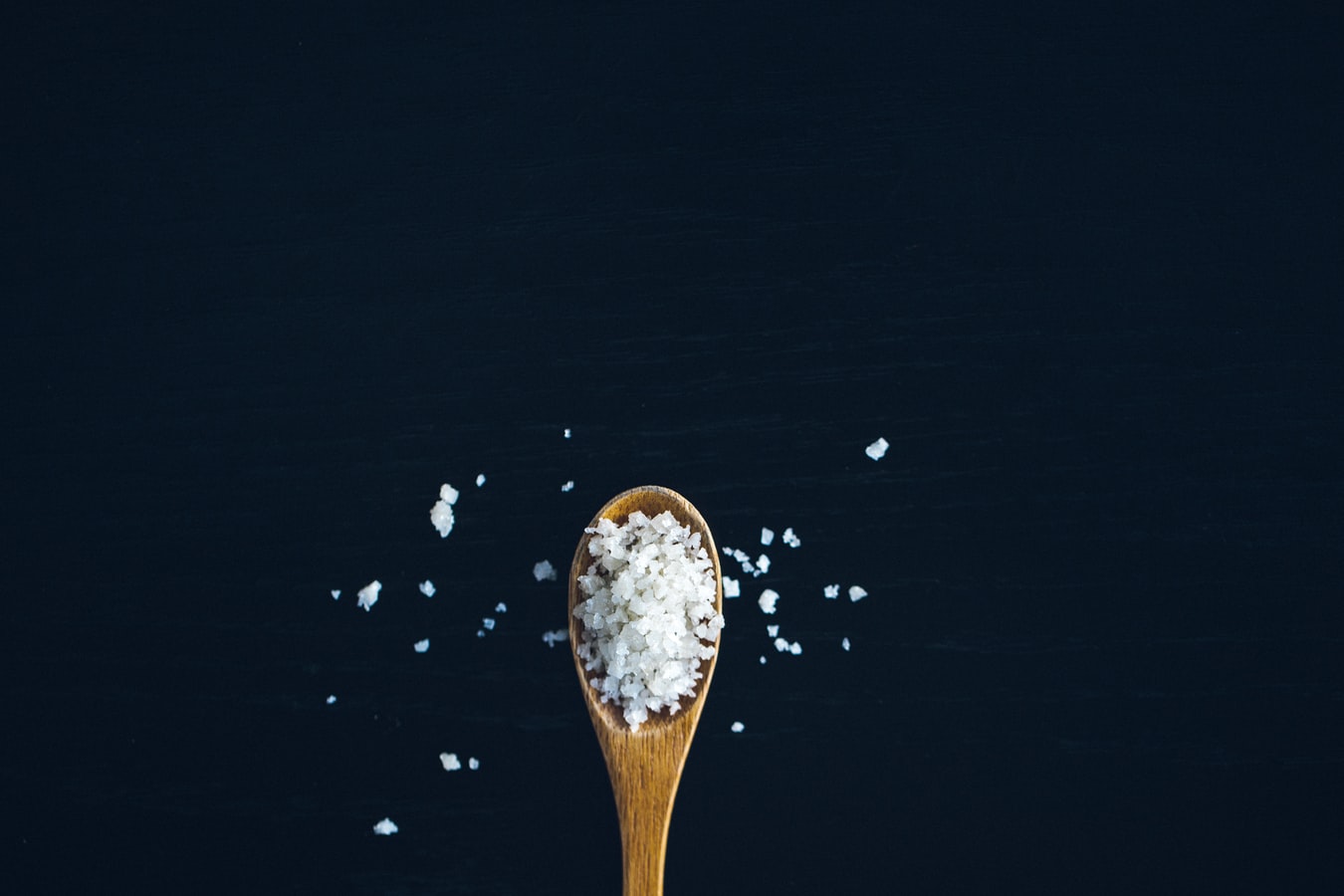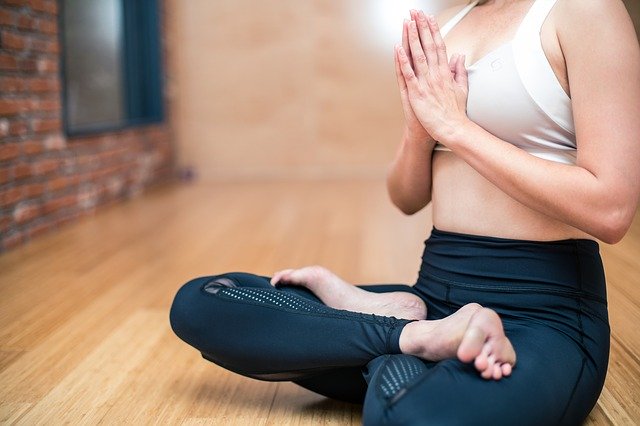While eating meat provides many necessary nutrients for the human body, the vegetarian approach can still support a healthy, varied diet. People become vegetarians for many different reasons, either wanting to incorporate healthier foods to their diets, for ethical reasons, and environmental sustainability. Whatever the reason, starting a vegetarian diet can have many beneficial impacts on your health, if done in a healthy and manageable way.
Health Benefits
A vegetarian diet reduces the risk of chronic degenerative diseases such as obesity, coronary artery disease, high blood pressure, diabetes and certain types of cancer including colon, breast, prostate, stomach, lung and esophageal cancer. Preventing these diseases may lead to a longer life expectancy. Additionally, going vegetarian may help manage weight, since a plant-based approach incorporates fewer calorie heavy meals. In an experiment done by the Medicine Research Institute, overweight people that went on a vegetarian diet lost an average of 24 pounds within the first year!
What foods does a Vegetarian diet consist of?
When going vegetarian, people focus on eating plant-based foods. Typically, vegetarians do not eat meat or fish but will still consume dairy products. By sticking to whole foods, vegetarians eat high amounts of nutrients and fiber. While there are many benefits to the vegetarian diet, it is crucial to plan ahead, as deficiencies in vital nutrients such as iron and vitamin B-12 can occur.
Why should I try this diet?
For the health reasons listed, as well as a more sustainable diet for the environment, going vegetarian may be a great option for you. To start, slowly reduce the amount of meat you consume each week in order to gradually transition into the new way of eating. Also, plan accordingly to make sure you are eating foods that give you the necessary vitamins and minerals. When done correctly, the vegetarian diet has had many positive impacts on people that have made the switch.
Dr. Barbara Edwards, a Princeton M.D. internist practices at Penn Medicine Princeton Health in the Penn Medicine Princeton Medical Center and also serves as Medical Director of the Bristol-Myers Squibb Community Health Cente





